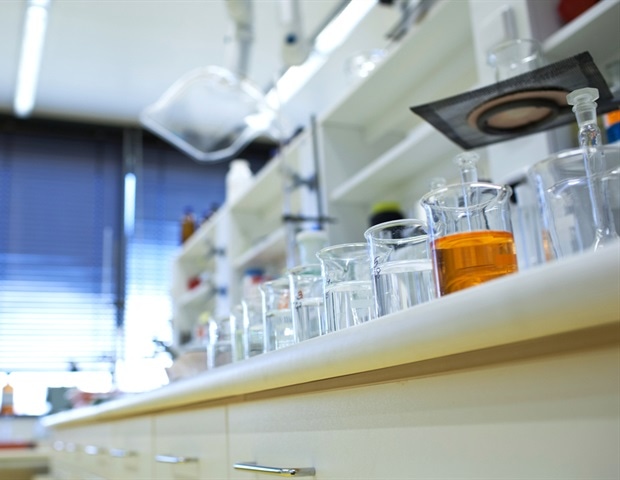
The College of Texas MD Anderson Most cancers Heart and collaborators are initiating a analysis venture that can ship T cells to the Worldwide House Station (ISS) to review the consequences of extended microgravity on cell differentiation, activation, reminiscence and exhaustion. These outcomes shall be additional analyzed on Earth to uncover signaling pathways and determine potential immune targets that may enhance therapy methods for sufferers with most cancers and different illnesses.
To perform this work, MD Anderson researchers led by Cassian Yee, M.D., and Kunal Rai, Ph.D., will collaborate with Axiom House, BioServe House Applied sciences, Deep House Biology and Mongoose Bio.
We’re excited to hitch with proficient collaborators who’re skilled in organic analysis and in delivering payloads to deep house to be able to leverage the distinctive analysis setting of sustained microgravity on the ISS Nationwide Laboratory. We look ahead to this chance to review how T cells are affected by microgravity, determine novel targets and translate these findings into significant therapeutic methods that may enhance mobile therapies and improve life right here on Earth.”
Cassian Yee, M.D., Professor of Melanoma Medical Oncology
Axiom House and BioServe House Applied sciences will act as {hardware} implementation companions, constructing upon a number of years of expertise delivering and supporting organic payloads in house. The multi-flight solicitation will embody two missions to the ISS, permitting for discovery analysis that will result in translational phases on Axiom House’s next-generation business house station, Axiom Station.
The Rai and Yee labs will use single-cell sequencing on samples cryopreserved in flight and returned to Earth to guage in vivo temporal and dynamic epigenetic adjustments and develop fashions for the completely different cell states. Their work shall be facilitated utilizing Deep House Biology’s Yotta know-how, the primary synthetic intelligence (AI) platform utilizing house biology analysis for well being discoveries on Earth. Mongoose Bio, a biopharmaceutical cell remedy firm, is leveraging know-how licensed from MD Anderson to translate and scale discoveries recognized by means of this collaboration to be used in future cell remedy initiatives and potential novel most cancers remedies.
Cell remedy is a kind of immunotherapy that modifies or expands immune cells so they’re higher capable of acknowledge and remove most cancers cells. Accredited cell therapies embody chimeric antigen receptor (CAR) T cell therapies, that are T cells engineered to acknowledge a selected most cancers goal. But these therapies don’t work for all sufferers, since infused T cells can grow to be exhausted, or the most cancers can evolve to flee the immune system.
Earlier research each on Earth and in house have proven that microgravity can impression T cell biology by modifying the cytoskeleton, chromatin construction, activation and different gravity-sensitive components, main researchers to imagine that it may additionally have an effect on how these cells differentiate.
A deeper understanding of immune differentiation pathways may additionally spur the development of different cell therapies at the moment being developed at MD Anderson, corresponding to endogenous T cell (ETC) therapies, T cell receptor (TCR)-based therapies and CAR pure killer (NK) cell therapies.
This analysis venture is designed to determine transcriptional and epigenetic signatures for microgravity-induced T cell reminiscence, effector and exhaustion states; to validate particular person results of goal overexpression or knockdown on T cell states; and to optimize combos of targets for desired T cell states on Earth.
“This multidisciplinary venture bridges the intersection of house science and immunology to uncover potential breakthroughs in cell remedy analysis,” mentioned Rai, affiliate professor of Genomic Drugs. “This work will present new insights into immune cell epigenetic pathways that can enable us to determine targets, simulate fashions and develop methods to reinforce T cell reminiscence and forestall cell exhaustion so we are able to enhance affected person outcomes.”
This venture is supported by a grant awarded by the Heart for the Development of Science in House, Inc. (CASIS), which manages the ISS Nationwide Laboratory. CASIS and the Organic and Bodily Sciences division of the Nationwide Aeronautics and House Administration (NASA) intend to pick out and fund spaceflight initiatives that result in outlined milestones in technological innovation which might be in alignment with nationwide analysis and know-how growth priorities and with the ISS Nationwide Lab mission to profit humanity and the U.S. economic system.
